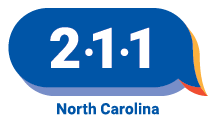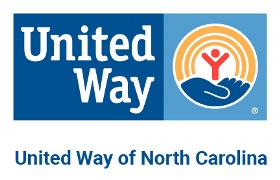Monkeypox is a rare but potentially serious viral illness that typically involves flu-like symptoms, swelling of the lymph nodes, and a rash that includes fluid-filled bumps that scab over. Illness could be confused with a sexually transmitted infection like syphilis or herpes, or with chickenpox. Most infections last 2-4 weeks.
The first case of Monkeypox was found in an NC resident on June 23, 2022. As of November 30 there have been 679 people who have been confirmed to have Monkeypox in North Carolina.
How does Monkeypox spread?
Monkeypox is transmitted person to person through direct skin-to-skin contact, having contact with an infectious rash, through body fluids, or through respiratory secretions. Such contact often occurs during prolonged, face-to-face contact or during intimate physical contact, such as kissing, cuddling, or sex.
How can I get tested?
Testing is widely available and encouraged for people with symptoms or people who have had close contact with someone diagnosed with Monkeypox. People should visit their health care provider or local health department to get tested.
Is there a Monkeypox vaccine?
There is a Monkeypox vaccine, but it is currently only available at certain health departments and health care providers. North Carolina DHHS has recently expanded vaccine criteria.
People who meet any of the following should call their local health department to schedule a vaccine appointment:
- Anyone who had close contact in the past two weeks with someone who has been diagnosed with monkeypox
- Gay, bisexual, or other men who have sex with men, or transgender individuals, who are sexually active
- People who have had sexual contact with gay, bisexual, or other men who have sex with men, or transgender individuals in the past 90 days
- People living with HIV, or taking medication to prevent HIV (PrEP), or who were diagnosed with syphilis in the past 90 days
- People who have had any of the following in the past 6 months:
- Sex at a commercial sex venue
- Sex in association with a large public event
- Sexual partners of people with the above risks
- People who anticipate experiencing the above risks
Visit this page to see a list of vaccine locations and phone numbers.
Can Monkeypox be treated?
At this time, there is no specific treatment, but antivirals developed for treatment of smallpox may be helpful.
Need more information?
Call 2-1-1 or 1-888-892-1162 to speak with a trained call specialist, available 24/7/365.
Source: NCDHHS
Last updated 7/1/2023


